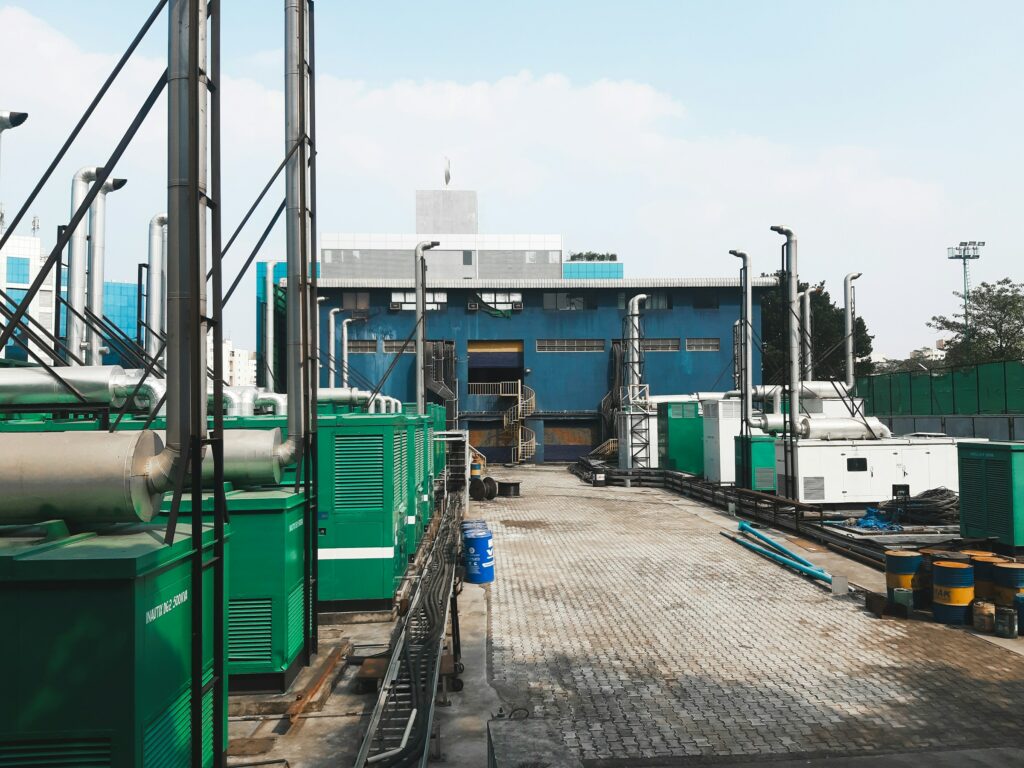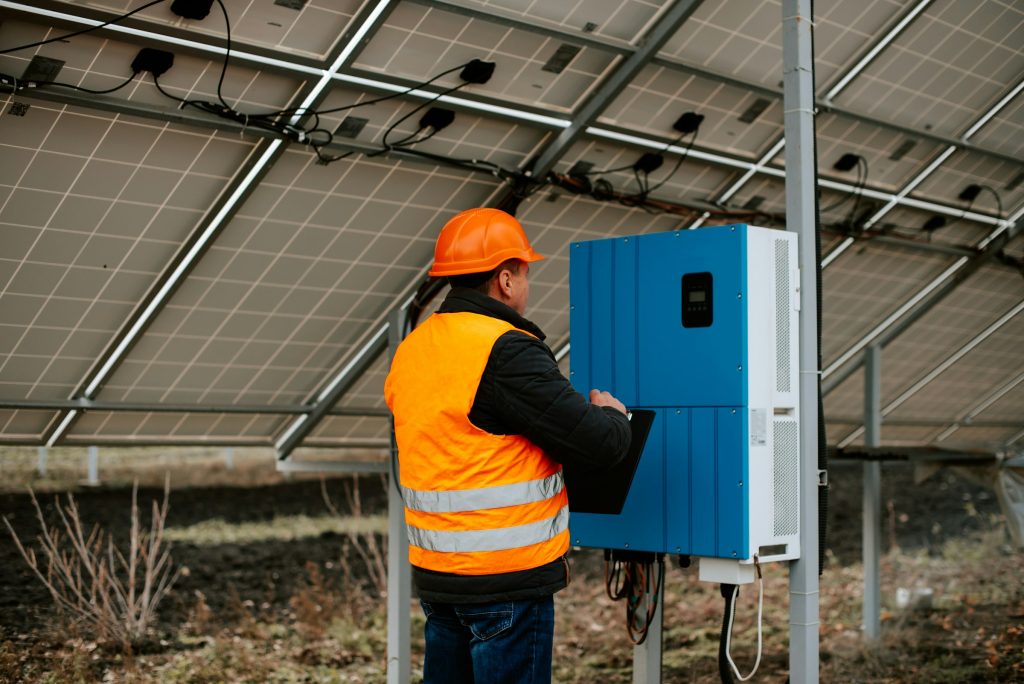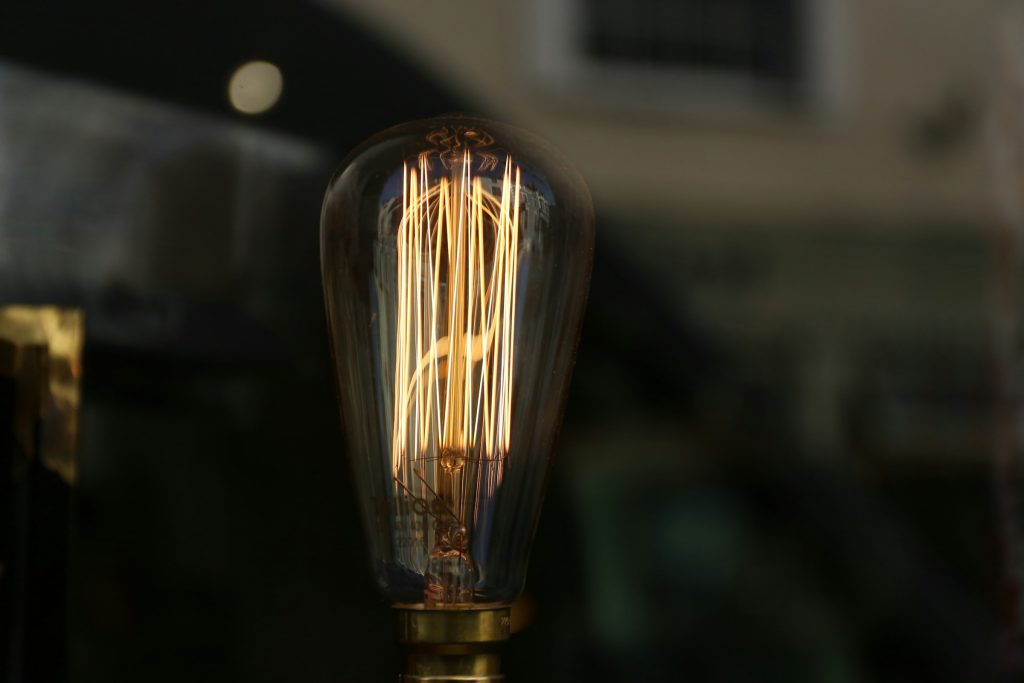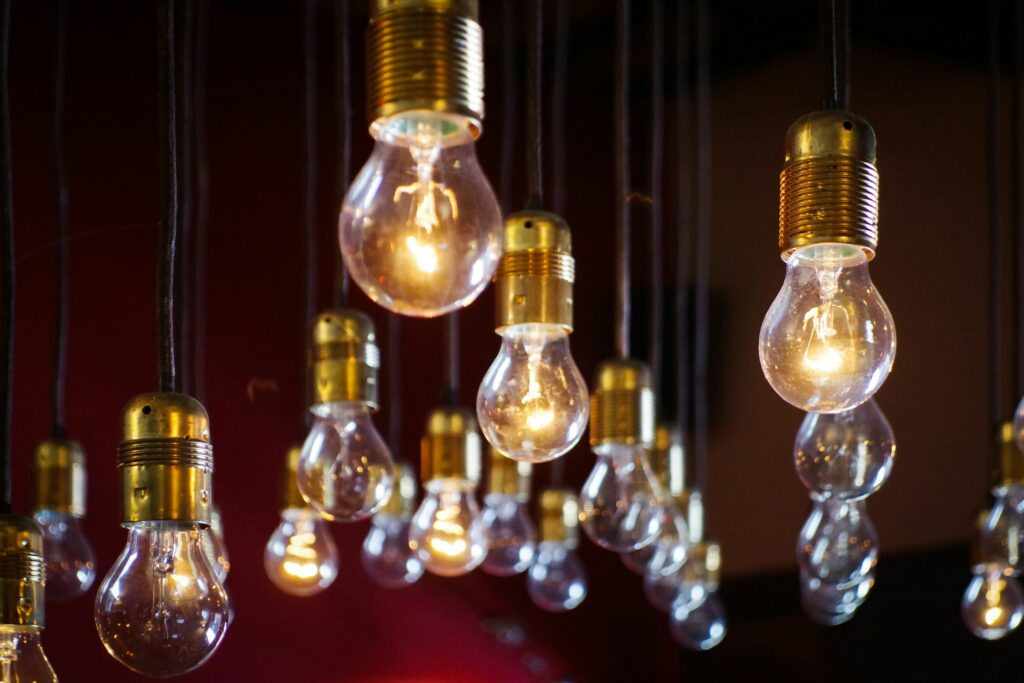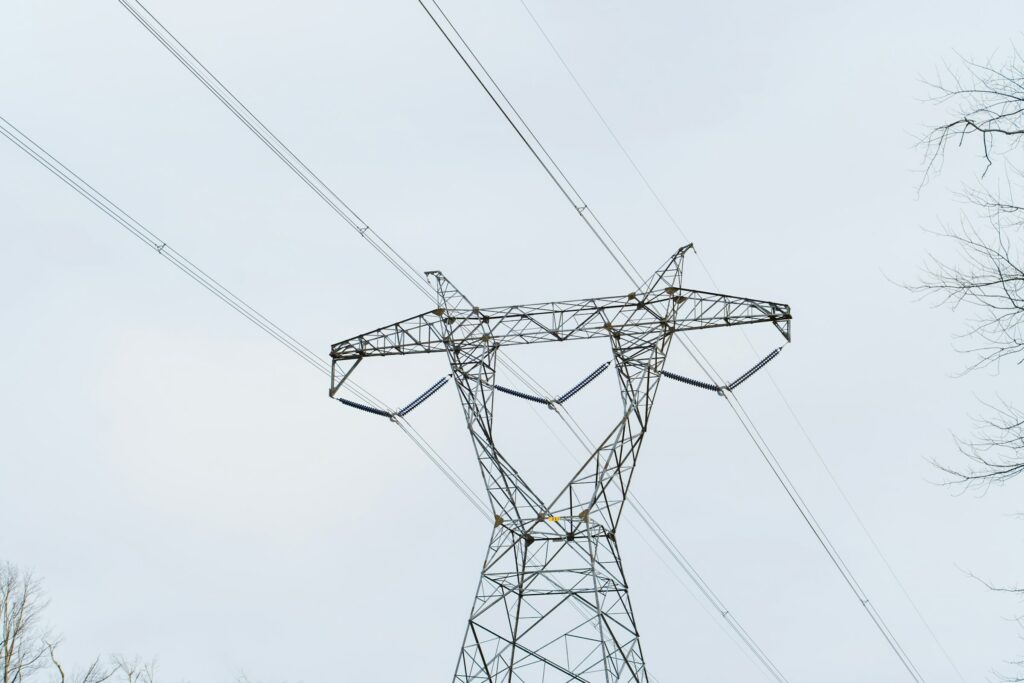Picture this: you’re out outdoors, enjoying a camping trip with your family or friends. As the sun sets, you gather around the campfire, ready to prepare a delicious meal. But wait, you need electricity to power your portable stove and charge your devices.
That’s where an inverter generator comes in—your trusty companion for all your power needs, whether in the wilderness or dealing with a power outage at home.
In this comprehensive guide, we’ll explore what is an inverter generator, its benefits, and its differences from traditional generators. Get ready to become an expert on these game-changing power sources that have revolutionized how we access electricity on the go.
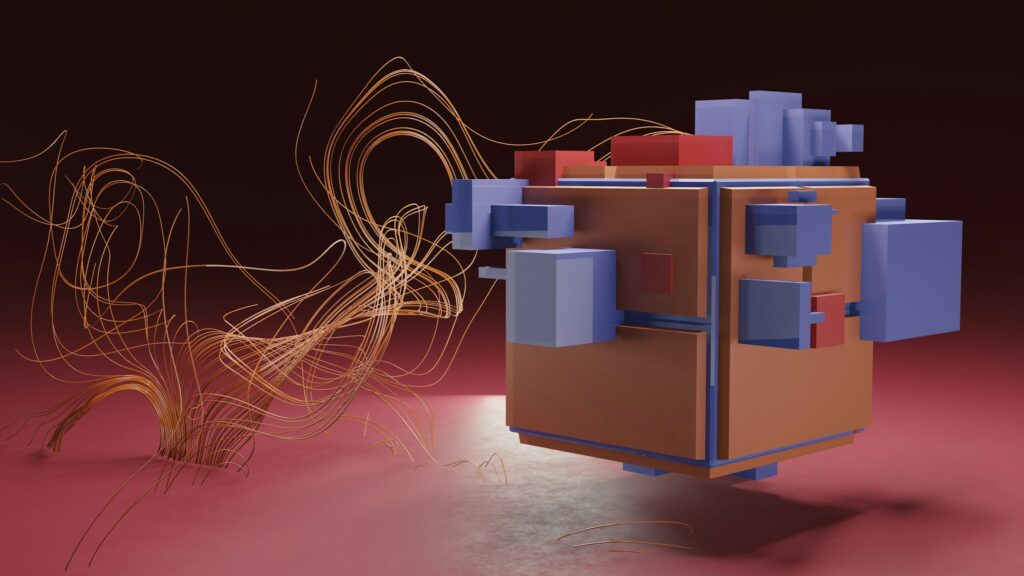
What is an Inverter Generator?
An inverter generator is a sophisticated piece of machinery that combines a gasoline engine, an alternator, and an inverter to produce clean, stable, and portable electricity.
Unlike conventional generators, which run at a constant speed to generate power, inverter generators adjust their engine speed to match the required load, resulting in improved fuel efficiency, reduced noise levels, and cleaner power output.
How an Inverter Generator Works
An inverter generator is a sophisticated piece of machinery that combines a gasoline engine, an alternator, and an inverter to produce clean, stable, and portable electricity. The process of generating power in an inverter generator involves several key steps:
Gasoline Engine and Alternator:
The process begins with the gasoline engine, which turns an alternator to generate high-frequency alternating current (AC) power. Unlike conventional generators that run constantly to generate power, inverter generators adjust their engine speed to match the required load, resulting in improved fuel efficiency and reduced noise levels.
Rectifier:
A rectifier converts the high-frequency AC power generated by the alternator into direct current (DC) power. This conversion is necessary because the inverter, the next component in the process, requires DC power to function.
Inverter:
The inverter takes the DC power from the rectifier and converts it back into AC power, but with a much more stable and clean sine wave. It is achieved through Pulse Width Modulation (PWM), which involves using electronic switches to control the width of the DC pulses, effectively shaping the AC signal to mimic a sine wave.
Output Filter and Amplifier:
The pulsed AC signal from the inverter then passes through a filter to remove high-frequency harmonics, resulting in a smoother, sinusoidal waveform. An output stage amplifies the signal to the required voltage level, matching it with standard electrical grid specifications.
Benefits of Inverter Generators:
Clean and Stable Power Output
One of the most significant advantages of inverter generators is their ability to produce clean and stable power, making them safe for sensitive electronic devices. Inverter generators achieve this by employing advanced electronic circuitry that converts the raw AC power produced by the generator into DC power and then inverts it back into a clean and stable AC power output.
This process results in a Total Harmonic Distortion (THD) of less than 3%, which means the power output is nearly identical to the power you receive from your home’s electrical outlets. With such clean power, you can confidently run and charge sensitive electronics like laptops, smartphones, and televisions without the risk of damage.
Exceptional Fuel Efficiency
Another notable benefit of inverter generators is their excellent fuel efficiency. Unlike traditional generators that run at a constant speed regardless of the load, inverter generators can adjust their engine speed to match the power demand.
When the electrical load is low, the generator’s engine runs at a lower speed, consuming less fuel. As the load increases, the engine speed ramps up to meet the power requirements. This smart throttling feature saves fuel, reduces emissions, and extends the generator’s runtime.
Quiet Operation
Inverter generators are known for their remarkably quiet operation, which sets them apart from conventional generators. The noise reduction is achieved through advanced sound-dampening technology and the generator’s ability to adjust its engine speed based on the load.
When the power demand is low, the engine runs at a lower speed, producing less noise. Many inverter generators boast noise levels as low as 50-60 decibels, about the volume of a normal conversation. This makes them perfect for camping trips, tailgating events, or as backup power sources in residential areas with noise restrictions.
Portability and Compact Design
Another key advantage of inverter generators is their portability. These machines are designed with convenience in mind, featuring compact and lightweight construction that makes them easy to transport and store.
Most inverter generator models come equipped with built-in handles or wheels, allowing you to quickly move them from one location to another. Their small footprint also means they take up less storage space when not in use, making them an excellent choice for those with limited space.
Parallel Capability for Increased Power Output
Many inverter generators offer a unique feature called parallel capability, which allows you to connect two identical units to increase the total power output. It is particularly useful when powering larger appliances or running multiple devices simultaneously.
Connecting two inverter generators in parallel allows you to double the available power without needing a larger, heavier generator. This modular approach to power generation provides flexibility and convenience, allowing you to scale your power output to meet your specific needs.
Inverter Generator vs. Traditional Generator
While both inverter generators and traditional generators serve the purpose of providing portable power, there are some key differences between the two:
| Feature | Inverter Generator | Traditional Generator |
| Power Output | Clean and stable | Less stable, prone to power fluctuations |
| Fuel Efficiency | High | Low |
| Noise Level | Low | High |
| Portability | Lightweight and compact | Bulky and heavy |
| Price | Higher | Lower |
Conclusion
Inverter generators have revolutionized how we access portable power, offering a cleaner, quieter, and more efficient alternative to traditional generators. Whether you’re an avid camper, a homeowner needing backup power, or a professional working on remote job sites, an inverter generator is a valuable investment that will keep you powered up and ready for any situation.
As you find the perfect inverter generator, consider power output, fuel efficiency, noise level, and portability factors. With the right unit by your side, you’ll never have to worry about being left in the dark again.
Frequently Asked Questions:
Can I use an inverter generator to power my home during an outage?
Yes, inverter generators can be used as a backup power source during outages. However, it’s essential to choose a model with the appropriate wattage to meet your household’s power needs.
How long do inverter generators last?
With proper maintenance and care, inverter generators can last for several years. The lifespan depends on factors such as usage frequency, load capacity, and storage conditions.
